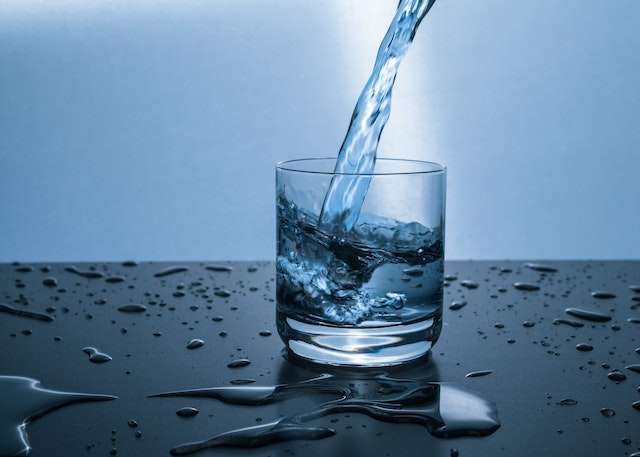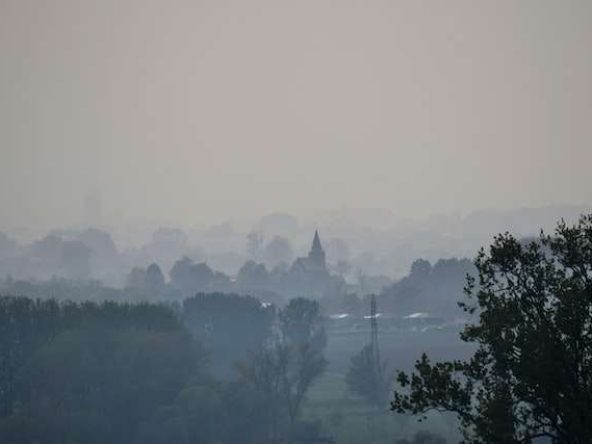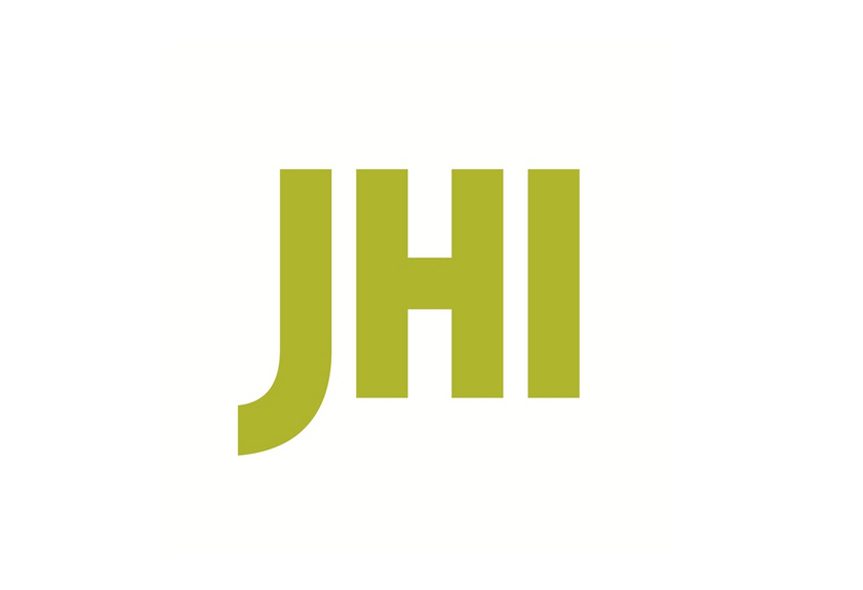The Clean Water Act is an important piece of legislation that was implemented in South Africa to protect the country’s water resources. It was first introduced in 1998 and has since been amended several times to strengthen its provisions and ensure better enforcement.
The primary objective of the Clean Water Act is to regulate the quality of water in South Africa, both surface water and groundwater, to ensure that it is safe for human consumption and to protect the environment. The Act establishes a framework for water management that includes setting standards for water quality, monitoring and assessing water resources, and enforcing regulations to prevent pollution.
One of the key features of the Clean Water Act is the requirement for water users to obtain permits for any activities that may impact the quality of water resources. These permits are issued by the Department of Water and Sanitation and include conditions that must be met to ensure compliance with water quality standards. This includes requirements for the treatment and disposal of wastewater, as well as the prevention of pollution from industrial and agricultural activities.
The Act also establishes penalties for non-compliance with water quality standards, including fines and imprisonment. This serves as a deterrent to those who may otherwise disregard their obligations under the Act.
Another important aspect of the Clean Water Act is the requirement for water resource planning. This involves the identification and assessment of water resources, as well as the development of management plans to ensure their sustainable use. This is particularly important in South Africa, where water resources are often limited and subject to competing demands from various sectors.
Over the years, the Clean Water Act has been instrumental in improving water quality in South Africa. It has led to the implementation of improved wastewater treatment facilities, the adoption of best practices in agriculture to prevent runoff and contamination of water resources, and the development of water conservation measures to ensure sustainable use.
However, there are still challenges to be addressed in the implementation and enforcement of the Act. One of the main challenges is the lack of resources and capacity within the Department of Water and Sanitation to effectively monitor and enforce compliance with the Act. This has led to instances of non-compliance and pollution incidents, particularly in areas where there is limited oversight.
Overall, the Clean Water Act is a crucial piece of legislation in South Africa’s efforts to protect and conserve its water resources. While there are still challenges to be addressed, the Act provides an important framework for water management and regulation.




















